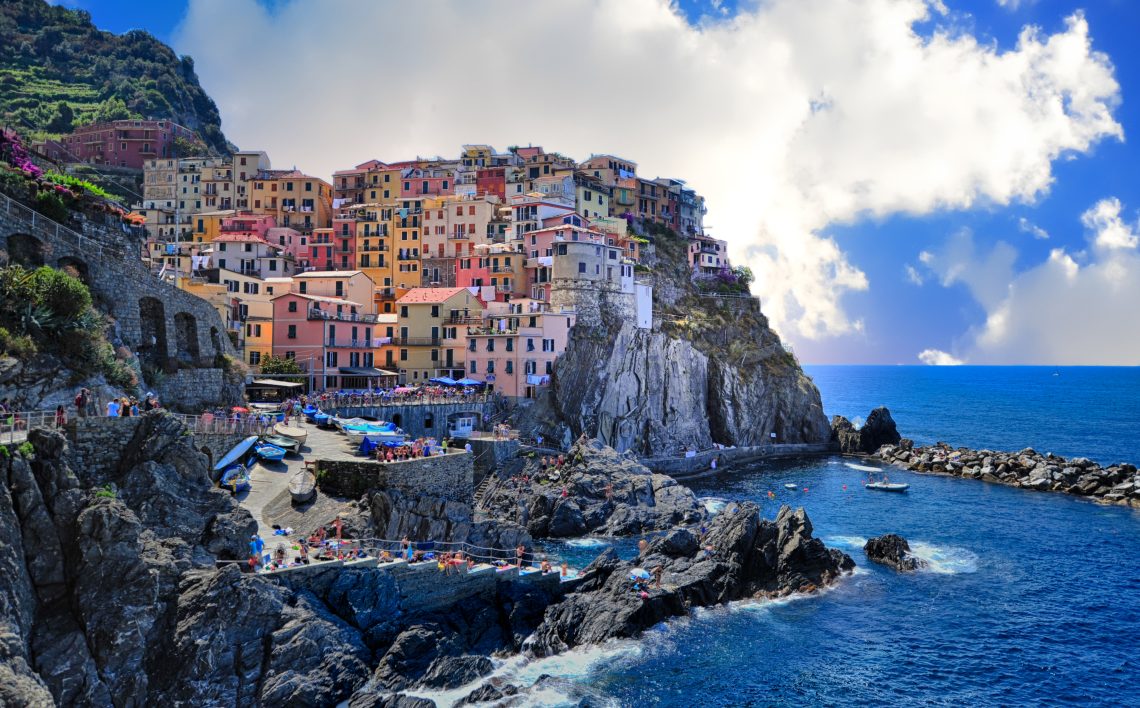When it comes to travel, experiencing local culture is often at the top of everyone’s list. There’s something truly special about immersing oneself in the traditions, customs, and way of life of a destination. However, with the abundance of tourist traps and over-commercialized experiences, it can be difficult to authentically connect with the culture of a place.
Especially when it comes to a place such as Tennessee, with its deep and varied history, it can be a delight to discover its local culture. And for wine lovers, the state has more than 200 wineries and vineyards that are worth a visit.
This blog post will explore ten creative ways to experience local culture while traveling. Whether you’re a seasoned traveler or just starting out on your journey, these tips will help you connect with the heart of a destination and make your travels all the more memorable.
- Try local cuisine
Food is often a central aspect of a culture, and trying local dishes is a great way to get a taste (pun intended) of the culture you’re experiencing. Don’t just stick to the touristy restaurants – seek out local markets, street food vendors, and hole-in-the-wall restaurants for a more authentic culinary experience. For example, if you’re visiting Thailand, you might try khao soi, a spicy noodle soup popular in the country’s northern region. If you’re in Mexico, you might sample some street tacos or try mole, a savory sauce made with a blend of spices and chocolate. If you’re planning a trip to Europe, trying local dishes like pizza in Italy or paella in Spain is a must-do.
Even if you’re out on a trip to a local state, like Tennessee, sample the local cuisine, like barbecue spots, for a real taste of the south. You can also visit the wine trail for a sample of some of the best wines in the state. Tennessee wines have been recognized as some of the best in the US, so there’s no better way to experience local culture than by visiting a winery. We recommend Tennessee Homemade Wines for its unique selection of locally-produced wines and ciders. It has something for everyone, from dry whites to light reds and even the occasional sparkling. Don’t be afraid to try new things – you might discover a new favorite dish!
- Seek out local events and festivals
One of the most direct ways to experience local culture is to attend events and festivals specific to your destination. These events can range from cultural festivals to art exhibits to sporting events. For example, if you’re visiting Japan, you might attend a traditional tea ceremony or participate in the Cherry Blossom Festival. If you’re in Brazil, you might attend a samba parade or catch a soccer match. Not only will you get a chance to participate in uniquely local activities, but you’ll also have the opportunity to interact with locals and get a glimpse into their daily lives.
Photo by on Pexels
- Take a tour with a local guide
While there are plenty of large tour companies that offer guided tours, consider seeking out a tour led by a local guide. Local guides will often have insider knowledge and personal anecdotes about the destination, which can add depth and context to your experience. Plus, supporting local guides helps to boost the local economy and gives back to the community. Consider doing a little research beforehand to find a tour company that aligns with your values and interests.
- Stay with a local host through a home-sharing service
Instead of staying in a hotel or resort, consider using a home-sharing service like Airbnb or Homestay to stay with a local host. Not only will you have a more unique and personal accommodation experience, but you’ll also have the opportunity to learn about the destination from a local perspective and make a new friend. Many hosts are happy to share their local knowledge and recommendations with guests, and you might even get to try some homemade local dishes or participate in cultural traditions.
- Shop at local markets and small businesses
One way to support the local community and economy is to shop at local markets and small businesses. These types of establishments often sell unique, locally-made products and handicrafts that you won’t find at chain stores or tourist traps. For example, if you’re visiting Morocco, you might visit a souk (market) and browse for colorful textiles, leather goods, and ceramics. If you’re in Peru, visit
Photo by on Pexels
a local artisan market and purchase handmade jewelry or alpaca wool products. Not only will you be able to bring home some truly special souvenirs, but you’ll also have the chance to interact with locals and learn more about their culture through these interactions.
- Volunteer or work with a local organization
If you have the time and inclination, consider volunteering or working with a local organization during your travels. This can be a great way to give back to the community and learn about the culture from a deeper, more meaningful perspective. Plus, you’ll have the opportunity to make a positive impact and form personal connections with locals. Many destinations have organizations that offer volunteer or work exchange opportunities, so do some research beforehand to find something that aligns with your skills and interests.
- Learn the local language
Even a basic understanding of the local language can go a long way in helping you connect with the culture and locals of a destination. Consider taking a language course or using language learning resources before your trip to improve your communication skills. Don’t be afraid to practice your language skills with locals – they’ll likely appreciate the effort and be more willing to engage with you. Plus, being able to speak a little of the local language can be a great icebreaker and can open up new opportunities for cultural exchange.
- Attend a local class or workshop
Many destinations offer classes or workshops in local crafts, traditions, or skills. Consider signing up for one of these classes to learn more about the culture and participate in something uniquely local. You might learn a new hobby, such as pottery or cooking, or learn more about the history and traditions of the destination. These types of classes can also be a great way to meet locals and form connections with them. Do some research beforehand to find a class that interests you, or ask locals for recommendations.
- Visit local neighborhoods and off-the-beaten-path destinations
While it’s natural to want to visit the most popular tourist attractions, consider venturing off the beaten path and visiting local neighborhoods and lesser-known destinations. These areas are often more authentic and less commercialized, and you’ll have the chance to see how locals live and interact with their community. For example, if you’re visiting Paris, you might visit a neighborhood like Marais or Belleville instead of sticking to the more touristy areas like the Eiffel Tower or Louvre. If you’re in Bali, you might visit a small village or temple instead of just sticking to the popular beach destinations. Don’t be afraid to get lost – sometimes, the best experiences come from unexpected detours.
- Make an effort to connect with locals
Above all, the key to experiencing local culture is to make an effort to connect with locals. This could be as simple as striking up a conversation with someone you meet or joining a local club or group. Remember to be respectful and open-minded, and try to listen more than you speak. You’ll be surprised at how much you can learn from engaging with locals in this way. Don’t be afraid to ask questions or express an interest in their culture – most people are happy to share their knowledge with curious travelers.
Conclusion
Traveling is a great opportunity to experience new cultures and learn about the world. By following these ten tips, you can experience local culture more authentically and meaningfully and connect with locals that will enrich your travels. Remember to be open-minded and respectful, and you’ll be sure to have a memorable and enriching cultural experience. So go out and explore – the world is waiting for you!





